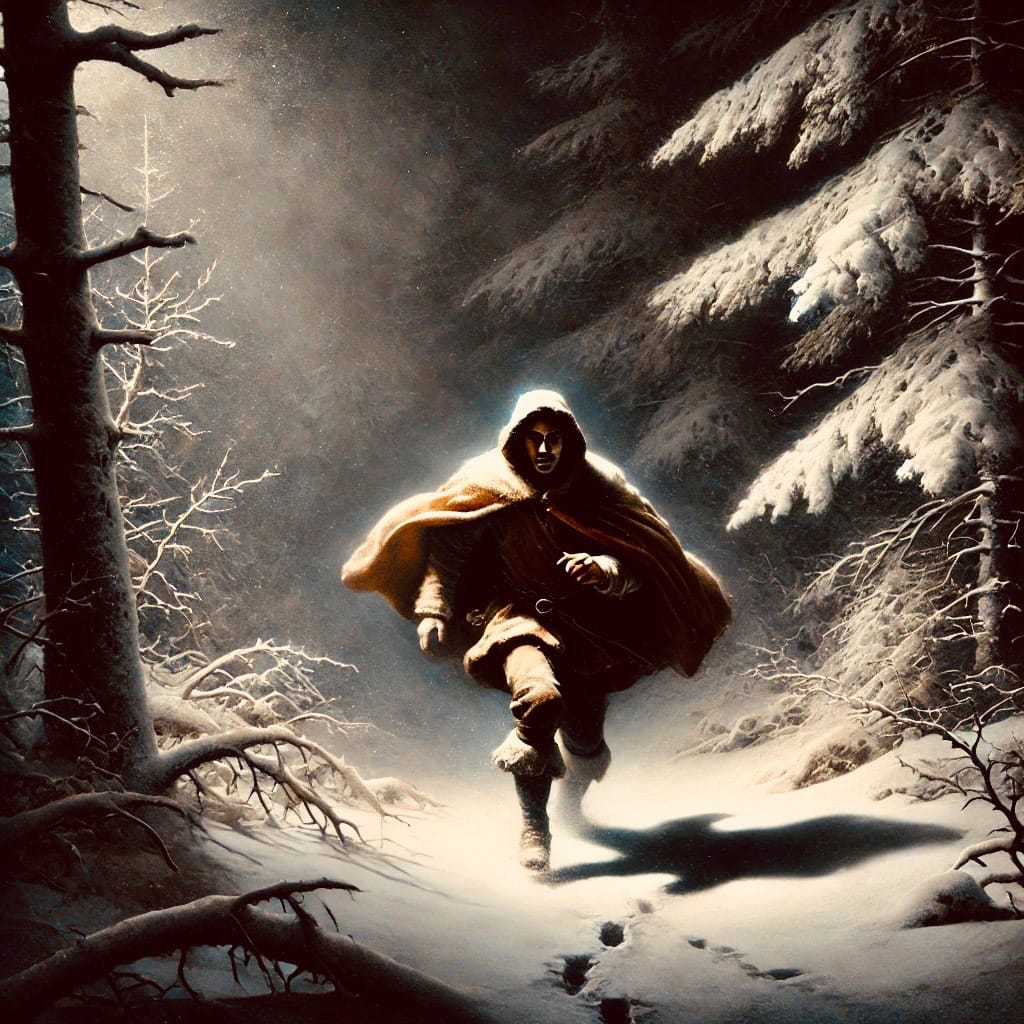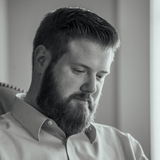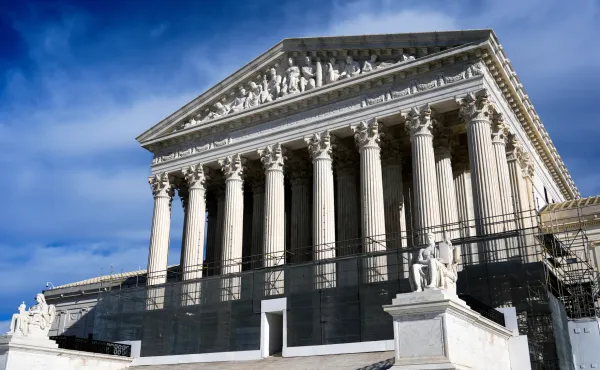A Midnight Escape
The town buzzed with tension. Lanterns flickered in the chill air as guards moved in lockstep, their shadows swaying along the path to the governor’s residence. Their mission was clear, and they marched with purpose down the narrow streets of the Massachusetts Bay settlement. But ahead of them, a lo

A Narrative of Historical Events with Imaginative Details Woven In
The town buzzed with tension. Lanterns flickered in the chill air as guards moved in lockstep, their shadows swaying along the path to the governor’s residence. Their mission was clear, and they marched with purpose down the narrow streets of the Massachusetts Bay settlement. But ahead of them, a lone pageboy slipped through the night, clutching a sealed parchment from Governor John Winthrop himself. He was running a crucial, clandestine errand, a covert lifeline that few would understand—and the guards following in his wake certainly didn’t.
The page reached a dimly lit house, and the door creaked open just enough for a man’s hand to seize the letter. Roger Williams, barely 32, stood in his study with anxious eyes, his breath misting in the frigid air as he broke the seal. The governor’s warning unfurled in his hands, and as he read, urgency gripped him like ice. He didn’t waste a moment. No warm coat, no provisions. He threw on his cloak, gathered what he could carry, and vanished into the January night.
Exile in the Wilderness
This was the night he’d dreaded since the court branded him a dissenter—guilty of defying the church’s authority, guilty of spreading “strange opinions,” and, most daring of all, guilty of “procuring the natives to the observance of the laws of equity and justice” rather than the claims of the Crown. Tonight he was an outlaw, fleeing not only from the colony’s wrath but from a fate that meant shackles, exile, and the silencing of his beliefs.
Six years before, at 26, he had stepped off a ship onto the raw shores of the Massachusetts Bay Colony—a young man from London with an education from Cambridge and a fire in his heart. Roger Williams was no mere dreamer; he was a scholar, a thinker, a pioneer of freedom in a new world of promise. He had left England’s old world for something uncharted, yet now that world seemed to haunt him anew, pressing down with the same relentless weight.
With only the company of shadows and his own swift breath, he entered the forest’s edge. The faint shouts from the town faded behind him, and the biting wind was drowned out by the deeper silence of the woods. For fourteen weeks, he would cling to life in the harsh wilderness, surviving on roots, berries, and whatever scraps of sustenance he could claw from beneath the frozen ground. He had chosen isolation over captivity, opting for hunger and cold over a return to the old world’s “blindness of heart,” prejudice, and repression that he had hoped to leave behind forever.
Out here, in the wild expanse, he was no longer simply a theologian or an orator; he was a man stripped to his essence—a seeker of freedom, a lone, trembling soul in the hand of God.
Rescued by the Narragansett
From January through mid-March, Roger Williams clung to life in the barren New England wilderness. Each day, he wrestled with God, testing and tempering his beliefs against the harsh edge of his trials, fortifying his faith until it outweighed his fear. Then, in an act of poetic grace, the very people he had defended—the Narragansett tribe—found him, a lone, exiled figure among the snow-laden trees, and received him as a guest of honor. Here was an outlaw in the eyes of his own people, yet among the Narragansett, he was a man who had risked everything to recognize their humanity. Williams had boldly declared that the Native Americans were “of one blood with the English,” condemning the dishonesty and prejudice that festered in the Massachusetts colony’s dealings with them.
Now, these people he had championed became his saviors. The Narragansett tribe guided him across the icy Seekonk River, offering him a lifeline amidst winter’s chill. In their company, he shared his vision—a radical idea never yet realized in human history: a place where the state held no authority over a person’s conscience. He told them that this conviction stemmed from his Lord and Christ, though he lamented that “nowhere in Christendom” had such freedom of belief been realized.
Providence and the Foundations of Freedom
In response, the Narragansett tribe granted Williams a tract of land, believing he could build something beautiful and unprecedented—a place for Christians and Jews, natives and newcomers, the devout and the skeptic alike, all free to worship or not, as their conscience led them. To Williams, this land was Providence itself—a sign from God Almighty, guiding him forward. He named his settlement Providence, the foundation of what would one day become the capitol of Rhode Island.
Where did Williams find these radical ideas? What fueled his commitment to a concept so unheard of in human history? Williams was a spiritual descendant of the London Baptists, a fledgling congregation born from the courage of two ministers—John Smyth and Thomas Helwys—who, harried by persecution, had fled to the Netherlands in search of refuge. Among the Mennonites, Smyth and Helwys were converted and baptized, embracing teachings drawn from the Swiss Brethren and inspired by reformers like Conrad Grebel. Seventy years before, Grebel, a 28-year-old Swiss Anabaptist, had become the first to insist on a clear separation of church and state. His bold declaration demanded that believers render unto Caesar only what was Caesar’s and unto Christ alone what was Christ’s.
The Cost of Conviction
This conviction had come at a high cost. The Anabaptists endured relentless persecution; ministers and members alike were hunted, harassed, and martyred, with many meeting death under religious authorities in Switzerland and Germany. Yet their legacy endured, a living testimony to a faith that spanned borders and generations.
Another voice had risen from this fiery crucible of persecution—a Catholic priest named Menno Simons, whose own brother had been burned alive by Catholic authorities for joining the Anabaptists. Shaken by this horror, Simons renounced his office, converted, and became a central figure of the Anabaptist movement. His writings, clear and unyielding, gave courage to believers scattered across Europe, anchoring their convictions against the powerful tide of hostility. Simons declared that “no one, no authority…has power over the soul, the free and God-given conscience of man,” establishing a foundation that Williams would embrace.
After Menno’s passing, his spiritual descendants passed these ideals to English refugees like Smyth and Helwys, who would go on to establish the first Baptist Church. Their teachings, steeped in Anabaptist convictions, planted seeds of freedom in Roger Williams that would soon drive him to pioneer the first Baptist Church in America.
Now, in his fourteen weeks of exile, Williams bore the weight of their dreams and sacrifices. Alone in the frozen wilderness, he resolved that no price—not even his own life—was too great to pay for these beliefs.
Williams’s Legacy: An Experiment in Liberty
Williams would later travel to England three times, passionately defending his vision before the Crown. He described his colony as “an experiment” in liberty, a society where government held no authority over belief. Against the odds, he secured a charter on each occasion, legitimizing a place where freedom of speech, religion, and the separation of church and state would be enshrined.
From the frigid January waters of Zurich in 1525, where the first Anabaptist martyr was “baptized unto death,” to the exile of Roger Williams by the Massachusetts Bay Colony, the promise of religious freedom endured through blood, persecution, and relentless hope. This conviction—suffered for and passed down across generations—would one day become the cornerstone of the American promise. Thomas Jefferson, drafting the Bill of Rights, would ally with the Baptists of his day, spiritual heirs of Williams, to protect freedom of conscience, securing this principle as the “first freedom” in America’s foundational document.
The Call to Remember and Guard Freedom
But long before Jefferson or Madison, Williams chose hardship, solitude, and possible death rather than submitting to the “unholy matrimony” of church and state—first decreed by Constantine the Great. It was Constantine’s fusion of empire and faith that had brought forth the crusades, inquisitions, and persecutions that sullied Christianity with Caesar’s sword. Without the Anabaptists’ vision, the Mennonites’ courage, and the unwavering commitment of Roger Williams—the founder of America’s first Baptist church—there would have been no foundation for the liberty Jefferson secured. That promise of freedom had already been “etched in blood” upon the land of this New World.
So let us not, in the fog of prosperity and the drama of political theater, “let go” of the sacred torch passed to us by our spiritual forefathers—the unwavering distinction between the kingdom of God and the kingdoms of men. It is the torch of truth that Jesus held before Pilate, declaring, “My kingdom is not of this world; if it were, my servants would fight.” Let us not, amid the fever of nationalism, forget that our true struggle “is not against flesh and blood, but against principalities…in heavenly places.” If we, as the church, neglect to “wrestle” against these powers, who will “bind and loose” on earth as it is in heaven?
Empires rise and fall; nations come and go. America’s days are not eternal. Yet upon His rock, Christ has built a church, “and the gates of hell shall not prevail against it.” Do not be lured by the spectacle nor diverted from the prize. As we pray over elections and hope for the best outcome, we must guard our hearts against placing our hope on “grass that withers” and “flowers that fade”—upon the words of men who pass away. Our hope is built on “nothing less than Jesus’ blood and righteousness,” and our time and efforts must be invested in the Kingdom—God’s final answer to showcase His “manifold wisdom” to powers in heavenly realms.
Be vigilant, “redeeming the time,” for the days are indeed evil.
A. Z. Adams





